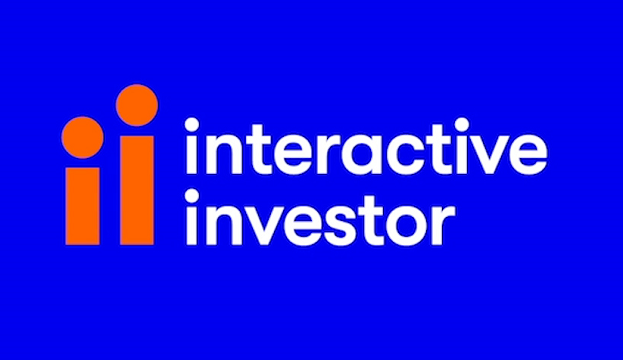ii comments on the UK entering its first recession since 2009
Investors should fasten their seatbelts for a bumpy ride, with more uncertainty ahead.
12th August 2020 13:30
by Jemma Jackson from interactive investor
Investors should fasten their seatbelts for a bumpy ride, with more uncertainty ahead.

Commenting on the UK entering its first technical recession - defined as two consecutive quarters of economic decline - since 2009, Myron Jobson, Personal Finance Campaigner, interactive investor, says: “It seemed to be a matter of when, not if, the economic disruption of the Covid-19 pandemic would lead to a recession as the UK economy has been operating at a fraction of its capacity for most of the year as a result of the unprecedented lockdown measures. This explains the limited reaction of the market and Sterling.
“The extent of the fall in GDP reflects just how reliant the UK is on the services industry which, for the most part, was shuttered during this period.
“The prospect of having cash invested during the pandemic-fuelled recession might frighten the average investor, but the key is to avoid a knee-jerk ‘hit the sell button’ reaction and shift all your money into cash savings. You could crystallise some hefty losses by doing so. The best option for investors might simply be to hang in there – as difficult as it may be amid a bleak economic outlook.
“Investors should fasten their seatbelts for a bumpy ride as the ongoing uncertainty over Covid-19, now exacerbated by a recession, is likely to amplify market volatility in the near future. Investing during a recession could present a great opportunity to build wealth because a gloomy outlook could depress the cost of investments, but it might not be the right move for everyone.
“The core tenets of investing remain the same during a recession. The most important thing to do is to make sure you are comfortable with your risk profile and have a balanced portfolio that is diversified across different assets and regions. Drip feeding cash into investments every month can help remove some of the worry about market timing.
“History shows that markets can and do recover from dramatic falls, but things can go from bad to worse in the short term before recovering and outperforming. The key is to give your investments time to ride out the inevitable bumps in markets for a smoothed return over the long term.”
Full performance can be found on the company or index summary page on the interactive investor website. Simply click on the company's or index name highlighted in the article.
These articles are provided for information purposes only. Occasionally, an opinion about whether to buy or sell a specific investment may be provided by third parties. The content is not intended to be a personal recommendation to buy or sell any financial instrument or product, or to adopt any investment strategy as it is not provided based on an assessment of your investing knowledge and experience, your financial situation or your investment objectives. The value of your investments, and the income derived from them, may go down as well as up. You may not get back all the money that you invest. The investments referred to in this article may not be suitable for all investors, and if in doubt, an investor should seek advice from a qualified investment adviser.
Full performance can be found on the company or index summary page on the interactive investor website. Simply click on the company's or index name highlighted in the article.